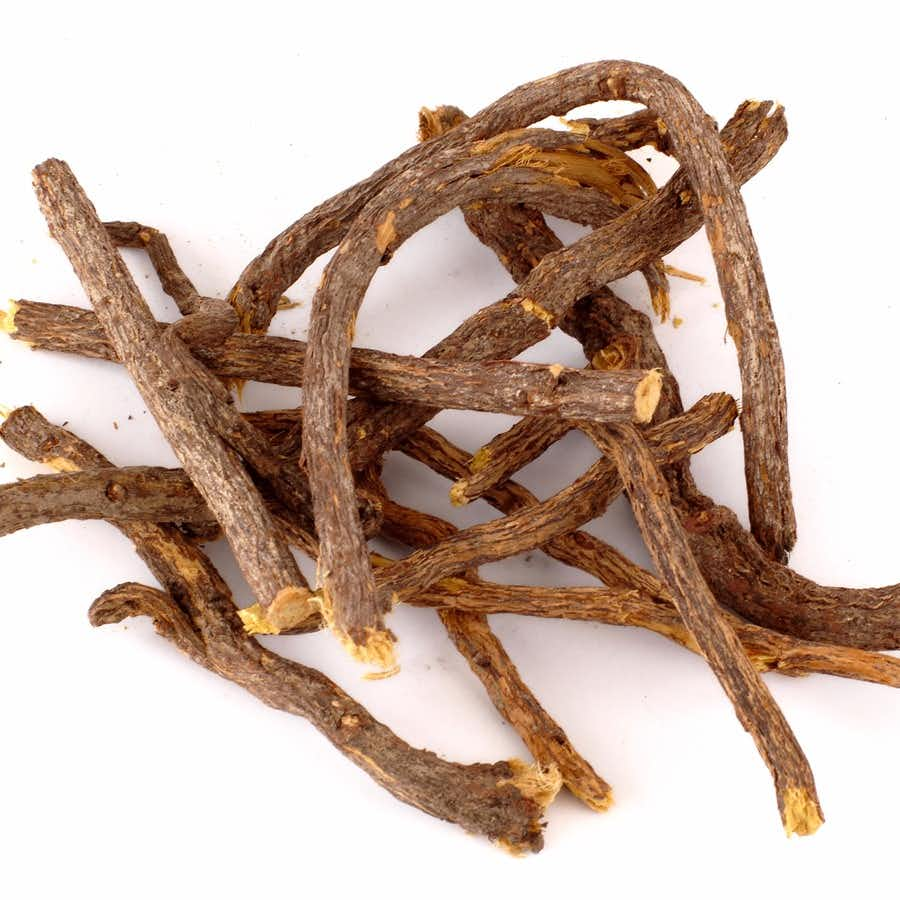
Irritable bowel syndrome (IBS) has long been a mystery to doctors. Sufferers experience cramps, bloating, gas, constipation or diarrhea and other digestive distress. Until recently gastroenterologists could find no reason for the symptoms and considered it a psychosomatic syndrome. They called it functional bowel disorder, a problem that afflicts nearly 40 million Americans. Readers have been on the lookout for ways to ease IBS symptoms.
Possible Cause of IBS:
Now there is both a non-psychological explanation and a test for the condition that may help with treatment. Dr. Mark Pimentel found that toxins produced by a bacterial infection such as a bout of food poisoning can harm nerves vital to digestive system function (PLOS One, May 13, 2015). They may also trigger an ongoing immune system reaction long after patients have recovered from the infection itself.
A Test for IBS:
Dr. Pimentel and his colleagues have developed a test for antibodies to the toxins. The test was validated in a study of almost 3,000 people with and without IBS or other digestive disorders.
Nowadays, however, doctors more often use breath tests (Frontiers in Psychiatry, July 10, 2020). High levels of for hydrogen lactulose, glucose or methane can indicate that bacteria have grown in large numbers in the small intestine, where they do not belong. (Researchers call this condition SIBO–small intestine bacterial overgrowth.) As a result of these microbes getting out of balance, people with IBS may have leaky gut, changes in bowel habits, autoimmune reactions, and chronic inflammation, as well as changes in the links between gut microbes and the brain.
New Guidelines to Help Ease IBS Symptoms:
The American College of Gastroenterology has recently issued guidelines to promote prompt diagnosis and ease IBS symptoms (American Journal of Gastroenterology, Jan. 1, 2021). Doctors should test for celiac disease and inflammatory bowel disease, as those treatments differ from the best treatments for IBS. The experts recommend that people with irritable bowel follow a low-FODMAP diet. They suggest lubiprostone (Amitiza) when constipation predominates and rifaxamin (Xifaxan) if diarrhea is the overwhelming symptom.
These prescription medications are pricey and have some significant side effects, however. Are there other ways to ease IBS symptoms?
DGL to Ease IBS Symptoms:
Q. Years ago, I suffered from IBS. My doctor recommended DGL, deglycyrrhizinated licorice. One cannot just eat black licorice as it could raise blood pressure. I don’t remember how long I took it, but I have been symptom-free ever since. Perhaps it will work for other people, too.
A. Irritable bowel syndrome produces a range of uncomfortable symptoms such as stomachache, cramping, bloating and diarrhea or constipation. Back in the 20th century, before the development of drugs like omeprazole (Prilosec), scientists found that deglycyrrhizinated licorice (DGL) could help heal stomach ulcers. In this product, licorice is treated to remove glycyrrhizin. Since that is the compound that boosts blood pressure, taking DGL is safer.
We could find no studies demonstrating that DGL alone is effective for the symptoms of IBS, although gut microbes do metabolize licorice (Journal of Ethnopharmacology, Dec. 5, 2019). Consequently, licorice may affect the microbiota. In one uncontrolled trial, a combination of licorice root, oat bran, lactulose and slippery elm bark helped ease IBS symptoms (Journal of Alternative and Complementary Medicine, Oct. 2010).
What About Diet?
Another reader suggested the following:
“I have found a remedy that has worked very well for IBS, which caused constipation that put me in the hospital about twice a year in the most excruciating pain. They would load me up on pain meds, run tests and eventually release me, only to have it happen again and again without any warning whatsoever.
“Then I started taking flaxseed oil capsules at least once a day. This has virtually cured my constipation and I have had NO IBS problems since. Constipated people should try this on a daily basis. The results are gratifying.”
Ground flaxseeds such as those found in Uncle Sam bran cereal are also quite helpful in preventing constipation. Another reader reports that two tablespoons of flaxseeds simmered for fifteen minutes in three quarts of water produces an anti-constipation tonic. She strains and refrigerates the liquid and takes two ounces in juice every morning for regularity.
There is growing interest in prebiotics, probiotics and the low-FODMAP diet to help manage IBS (Microorganisms, July 30, 2021). A low-FODMAP diet reduces or eliminates foods that intestinal microbes like to ferment. That includes beans, Brussels sprouts, garlic, onions, wheat, rye, dairy products such as milk and yogurt and fruits including figs, mangoes and blackberries.

